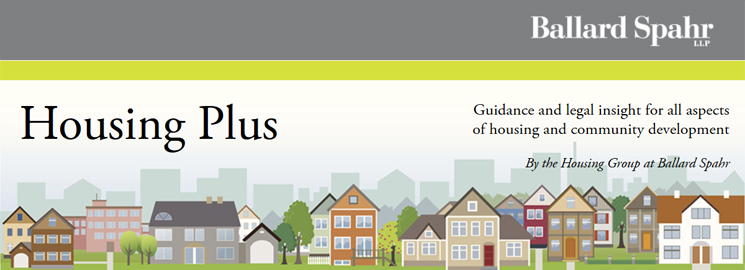
I just read this piece in The Washington Post by Emily Badger about the housing shortage in certain rural areas of the United States (Ohio and Pennsylvania, specifically), due to the influx of labor in the fracking industries. Setting aside the politics of fracking, there are more workers in these areas, and there simply isn’t enough housing. Nor, according to The Washington Post piece, is there enough infrastructure to support this exploding labor market.
Certainly, we’ve seen this type of thing happen in different ways in bigger cities across the country – population increases due to new growth industries. In Baltimore (where I live), the growth of the health care industry (among other things) here has resulted in a growing population of City-dwellers, in particular in the 25-35 age range. And, of course, as you would expect, housing costs have risen accordingly (simple supply and demand). As the demand increased, this has provided an opportunity for the improvement of many neighborhoods, and the rehabilitation of housing stock that would otherwise continue going downhill. On the other hand, this type of growth – in particular where there is an influx of people with higher incomes into places previously occupied by the most disadvantaged of our populations – carries with it a complicated set of social and political issues that no one seems to have solved yet. Needless to say, there are significant differences between the rise of industries in urban areas like Baltimore and the rise of the oil and gas industry in rural areas – for starters, oil and gas is a boom/bust economy, and the benefits are often fleeting, and of course, the environmental issue differences are significant.
Though Emily Badger’s blogpost doesn’t really touch on those types of issues, it does imply that they exist or may come to fruition in the near future ["Anecdotally, locals report that two-bedroom homes that recently went for as little as $400 a month are now going for more than $1,000 a month, with larger homes becoming group houses for oil and gas workers. The consequences are mixed for longtime residents, who benefit from the influx of money (as landlords, shop owners, beneficiaries of tax dollars), even as they may be hurt by higher housing costs."]. So, in addition to the pricing-out of long-time residents within these rural areas, the inevitable social consequences may arise. Sound familiar?
It will be interesting to see how these sorts of issues play out in these rural areas. It will also be important to watch the impact of the increased housing prices on the existing population, and perhaps, for our industry, the opportunity to provide housing to these areas.